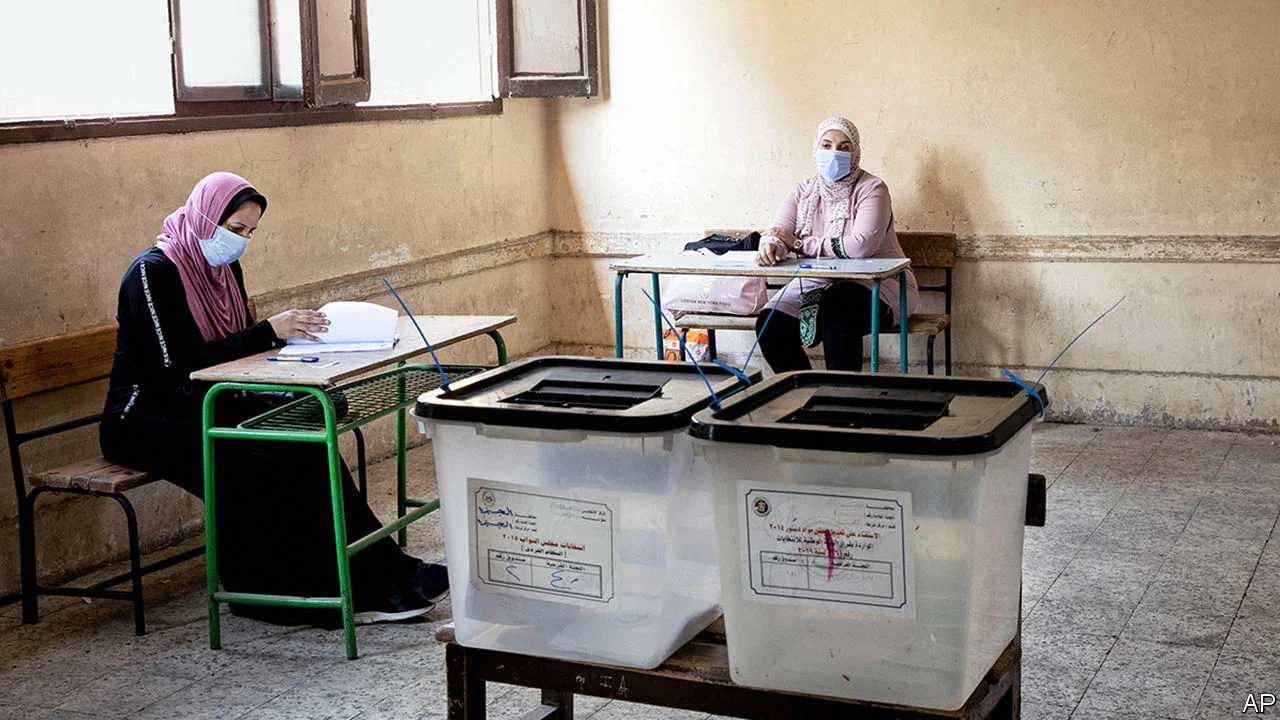Egyptians to vote in senate polls dominated by pro-government bloc

The two-day election, beginning Monday, August 4, 2025, will fill 200 of the 300 seats in Egypt’s upper house of parliament, the Senate.
Egyptians will head to the polls this week in Senate elections expected to consolidate the grip of President Abdel Fattah al-Sisi’s allies, as the ballot features minimal opposition and a largely uncontested party list vote.
The two-day election, beginning Monday, August 4, 2025, will fill 200 of the 300 seats in Egypt’s upper house of parliament, the Senate.
The remaining 100 seats will be filled through presidential appointments by Sisi, the former army chief who assumed power following the ouster of Islamist leader Mohamed Morsi in 2013.
Half of the elected positions are reserved for individual candidates, while the other half will be decided through a closed party list system. In this format, voters cast ballots for political parties, which in turn nominate those who will occupy the seats.
The pro-government "National List for Egypt" coalition led by the ruling Mostaqbal Watan (Nation’s Future) party is running with little to no opposition in the party list contest.
The 13-party coalition also includes the National Front, headed by former minister Essam al-Gazzar and financially backed by businessman and Sisi ally Ibrahim al-Organi.
Other members of the alliance include historically independent parties such as the liberal Wafd and leftist Tagamoa, which have now aligned themselves with the ruling establishment.
Campaigning has been subdued, with few public events or debates. Voters mainly received text message reminders from coalition-aligned parties such as Homat al-Watan (Defenders of the Nation), reflecting the low-profile nature of the campaign.
While over 400 candidates are vying for the 100 individual seats, the majority are either directly affiliated with or sympathetic to the pro-government bloc, leaving little room for credible opposition voices.
The Senate, which functions primarily as an advisory body, was reintroduced in 2019 after being dissolved following Egypt’s 2011 revolution.
Although its recommendations are not binding, they are typically upheld by the more influential lower house, which is also dominated by pro-Sisi forces.
Preliminary results from the first round are expected on August 12, with a runoff scheduled later in the month. Final results will be announced on September 4.
The chamber’s term runs for five years, with a legal requirement that women hold at least 10 percent of the seats.
Elections for the lower house of parliament are slated for November.
Although President Sisi launched a national political dialogue in 2022, rights groups say it has done little to reverse the country’s crackdown on dissent.
Thousands of political prisoners reportedly remain behind bars, and independent political activity remains severely restricted.
